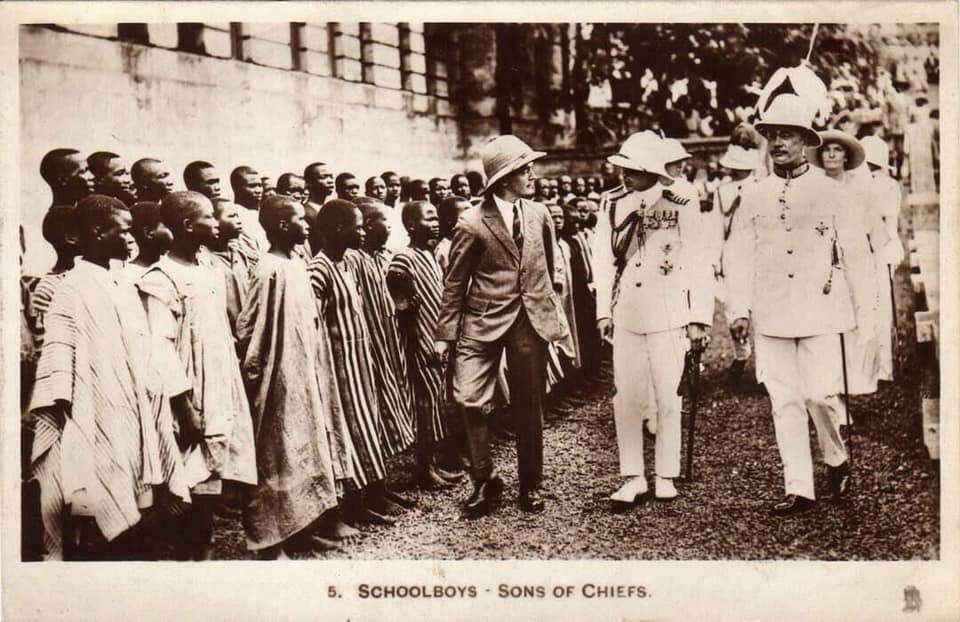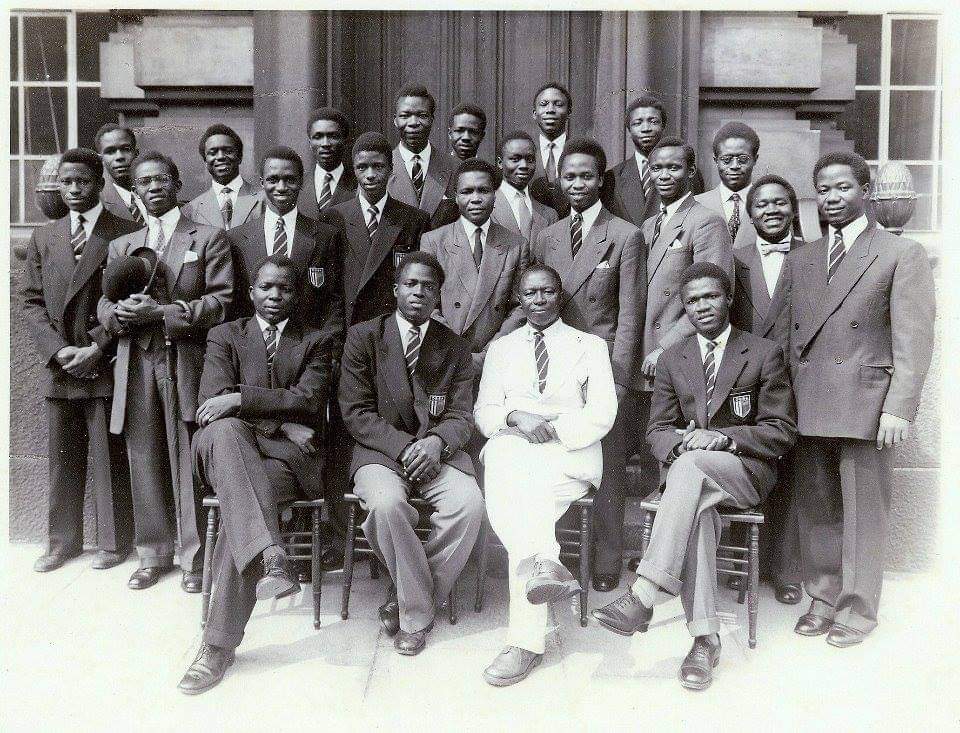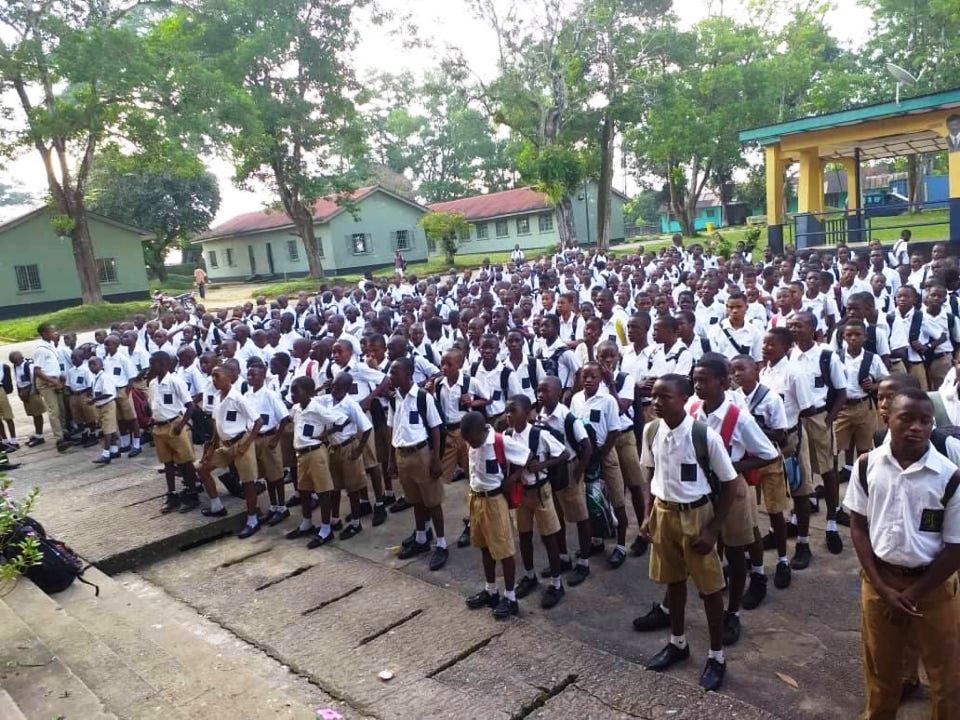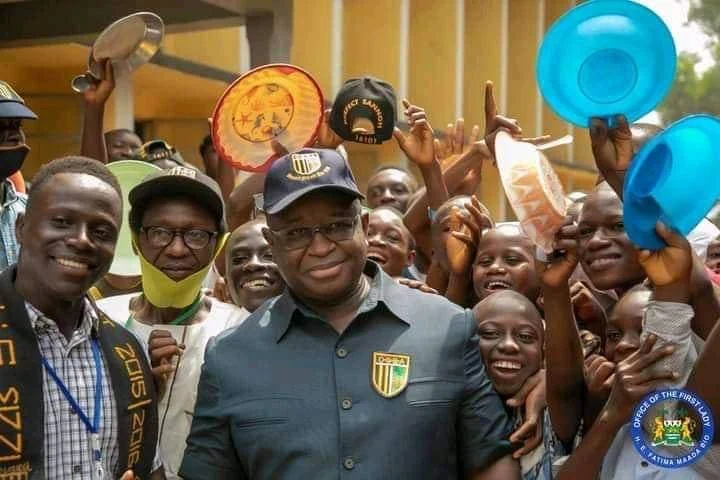About Bo Government Secondary School (Bo School)
Shaping Leaders Since 1906. Manners Maketh Man.
Bo School, officially known as Bo Government Secondary School, stands as one of the most prestigious and historic educational institutions in Sierra Leone. Located in Bo, the nation's second-largest city, the school possesses a deep-rooted legacy in shaping the country's leadership and elite. It represents a unique intersection of traditional African leadership and Western colonial influence. More than just a school, Bo School is a nation-building institution that began as a colonial experiment and matured into a pillar of Sierra Leonean identity, mirroring a broader African pattern of elite colonial institutions evolving into national incubators of leadership.
History and Founding
Established in 1906 during British colonial rule, Bo School was initially created with a specific purpose: to educate the sons and relatives of paramount chiefs from the Protectorate region (upcountry areas of Sierra Leone). This strategy aimed to integrate traditional leaders into the colonial system, fostering cooperation and loyalty to British governance while preparing a select group for administrative roles. It was designed from the outset as an elite institution.


Original Purpose and Prestige
Bo School was designed from its inception as an elite institution. Its primary aim was to prepare future leaders and administrators for roles within the colonial government and traditional tribal governance structures. This education intended to elevate its students above the average rural citizen while maintaining their subordinate position within the British hierarchy. Over the decades, it built a formidable reputation for academic excellence and discipline. Only the elite from the Protectorate were initially permitted to attend, creating a distinct class of educated African elites.
Culture, Discipline, and Brotherhood
The school is renowned for its strong boarding culture, characterized by military-style discipline and a powerful sense of camaraderie and brotherhood among students and alumni. Students and "Old Bo School Boys" (alumni) exhibit immense pride and loyalty to the institution, often referring to themselves as part of a prestigious fraternity known colloquially as “Bo School Boys.” Even after colonialism, Bo School retained this defining culture.
Curriculum and Facilities
Bo School offers senior secondary education with a curriculum placing a strong emphasis on academics, discipline, and leadership development. While specific facilities evolve, the school itself remains an iconic symbol of educational heritage in Sierra Leone.


Notable Alumni
Bo School has produced many of Sierra Leone’s top leaders and professionals, including:
-
President Julius Maada Bio
-
Sir Banja Tejan Sie – First Black Governor of the Bank of Sierra Leone
-
Sorie Ibrahim Koroma and Victor Bockarie Foh – Vice Presidents of Sierra Leone
-
Sam L. Bangura – Governor of the Bank of Sierra Leone
-
Dr. Sama Banya, Dr. Alimamy Wurie, Salia Jusu Sheriff, Dr. M.B. Yilla
-
Numerous senior military officers, politicians, diplomats, and educators
Legacy, Influence, and Evolution
Bo School has exerted a profound and lasting influence on national politics, governance, and the civil service in Sierra Leone, earning its place among the nation's "great schools." After Sierra Leone gained independence in 1961, the school transitioned from a colonial tool into a national symbol of excellence and leadership, serving as a crucial training ground for statesmen, military officers, and technocrats. Its alumni network remains highly influential in Sierra Leonean politics and civil society.
Bo School Today: An Enduring Legacy
Today, Bo School continues its mission to educate future leaders. While maintaining its traditions of discipline and academic focus, its role has become more democratized, opening its doors to a broader segment of society beyond the traditional elite. It endures as a national heritage institution, symbolizing a unique journey from colonial instrument to a cornerstone of Sierra Leonean identity and leadership, with a legacy spanning generations.
